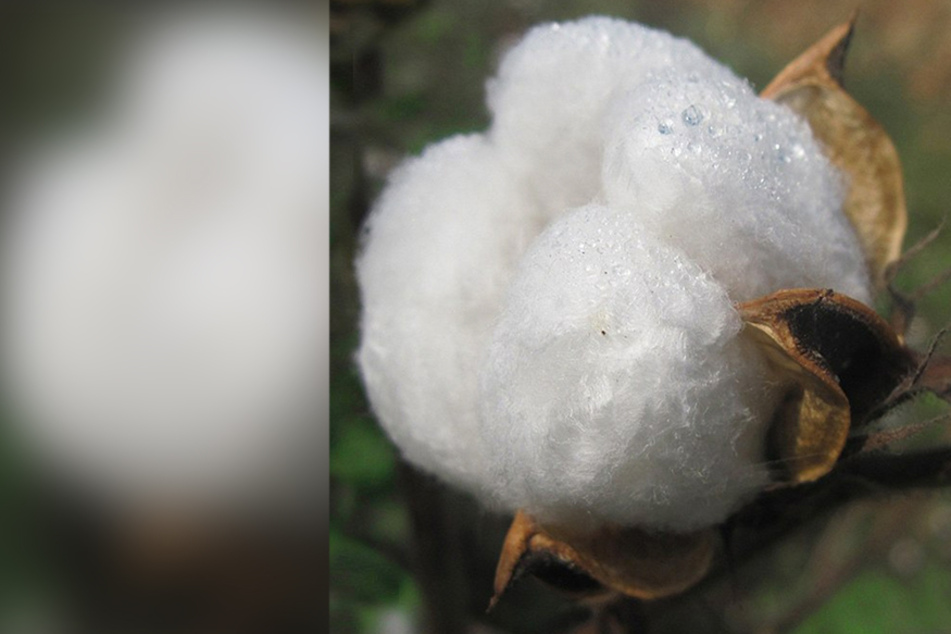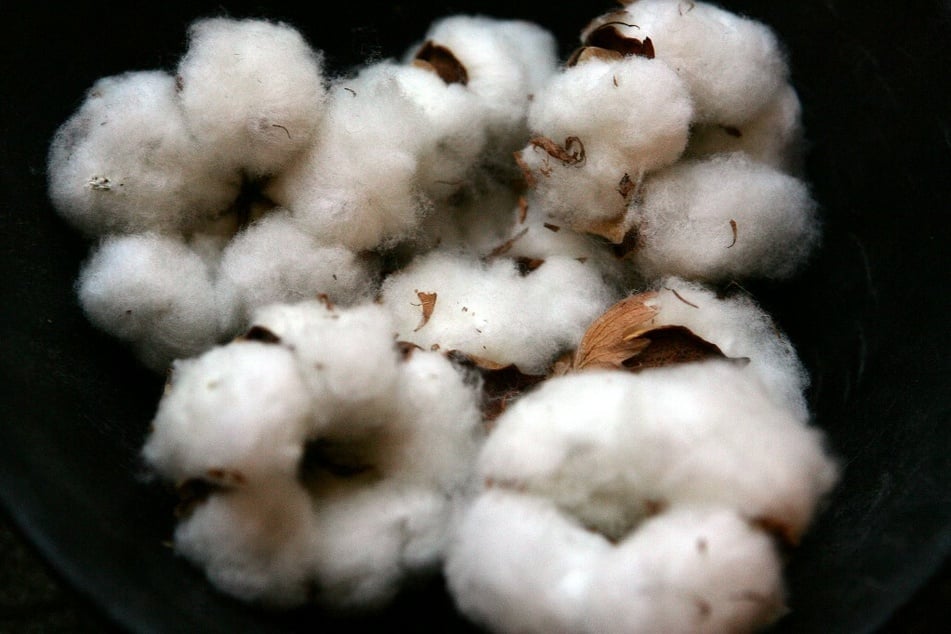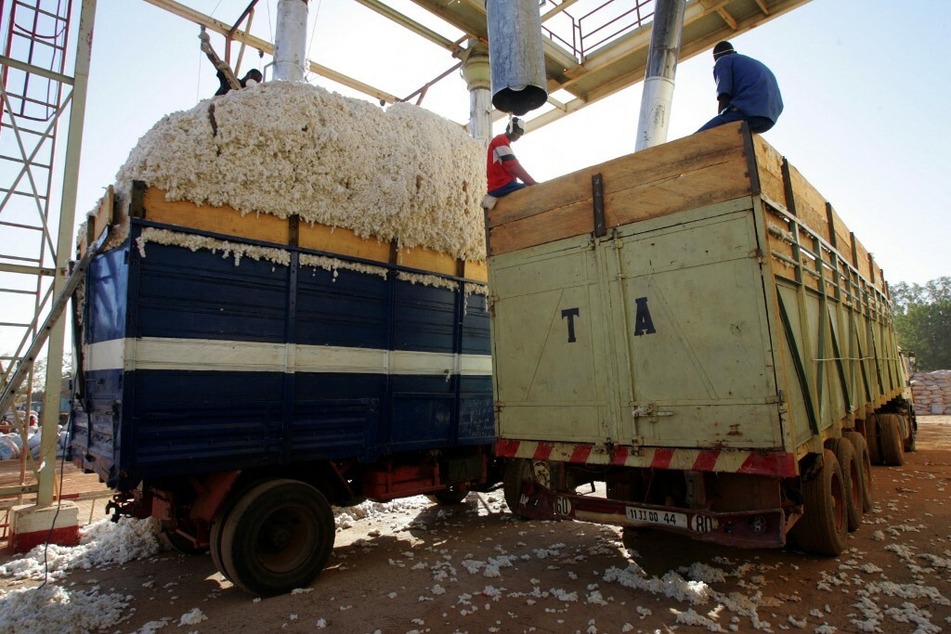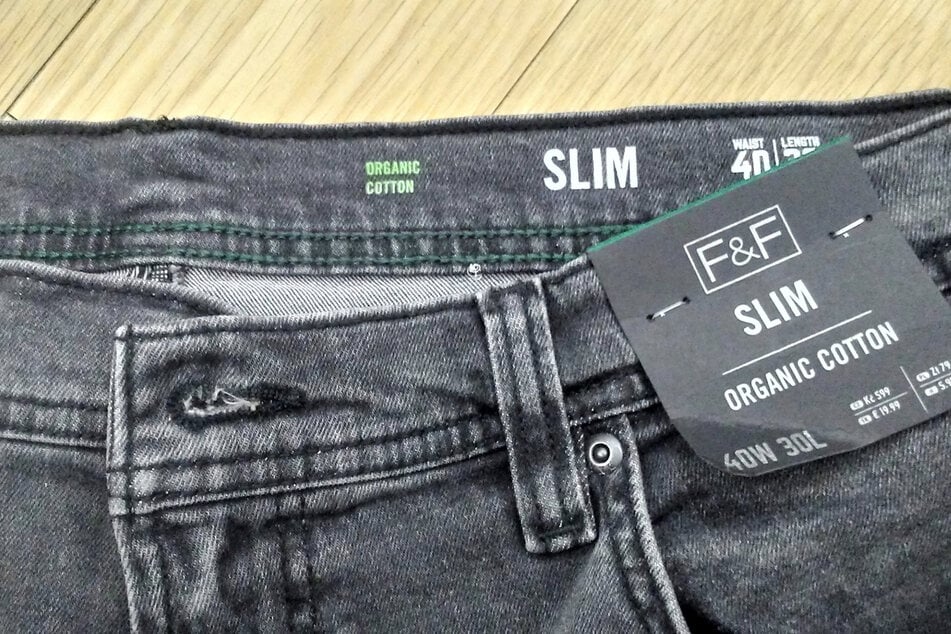Sustainable fashion: Everything you need to know about organic cotton
Many items of clothing end up damaging the environment in the form of microplastics. But simply opting for cotton may not be the answer.

Ethical shopping has become another way to try to fight climate change. For the most ecologically aware consumer, it's become clear that microplastics are hugely damaging to the environment.
As a result, those who want to shop ethically are now opting for fashion staples made out of cotton. They try to avoid any sweaters, shirts, and blouses made out of synthetic fibers.
The problem with this approach is that cotton, particularly when it’s conventionally grown, can also damage the environment. One solution for the green shopper is to buy products made from organic cotton.
Let's take a closer look at different clothing materials to find out whether organic cotton really is a sustainable alternative to synthetic materials.
Synthetic fibers and the problem with regular cotton

Firstly, cotton is a renewable resource. Meanwhile, synthetic clothing is produced by burning crude oil. This releases CO2, which accelerates global warming.
In addition, synthetic fibers are not biodegradable. "Synthetics don't decompose and eventually become microplastics," said Heike Hess of the International Association of Natural Textile Industry (IVN).
When it comes to cotton, the high level of water consumption due to overused soils is problematic, according to Hess. In conventional cotton cultivation, the soil is often overfertilized with chemicals, which causes it to degrade.
So what's different about growing organic cotton? According to Hess, organic cotton saves water because the soil used is able to store it more efficiently.
"Farmers also plant different plants between the cotton to keep insects away, to provide more shade, and to minimize erosion," she explains. This means the soil is healthier because "there's more life in it."
Another important method often used in organic cotton farming is crop rotation. Farmers also don't use genetically engineered seeds, fertilizers, or pesticides.
How to find certified organic cotton products

Consumers can tell whether organic cotton is the raw material used in a garment by looking for a couple of certification labels:
- Organic Content Standard from Textile Exchange
This label certifies that a certain percentage of organic cotton is traceable from the field to the product. "But here it's also not clearly defined how high the percentage has to be," says Hess.
"There are products with 100% organic cotton, but the label is also awarded for a percentage of 5% or more with the addition of 'blended.'"
- Global Organic Textile Standard (GOTS):
Here, the entire production chain is certified, not just the raw materials. According to Hess, at least 70% organic fibers are required for this certification. Products with the suffix "organic" have to consist of 95% organic fibers.
How sustainable are clothes made out of organic cotton?

In Heike Hess' view, rocking organic cotton is the most sustainable way to dress – if you consider the raw materials used alone.
At the same time, there is a major caveat: "In production, of course, quite a lot of pollution can still happen during spinning, weaving, dyeing, and sewing."
What's more, the raw materials say nothing about whether the workers are paid fairly. Nonetheless, Hess concluded that "using organic cotton as a benchmark is a good start."
Again, it's important to look for labels that certify the entire manufacturing process is sustainable.
Cover photo: Collage: Mamichaelraj via Wikimedia Commons